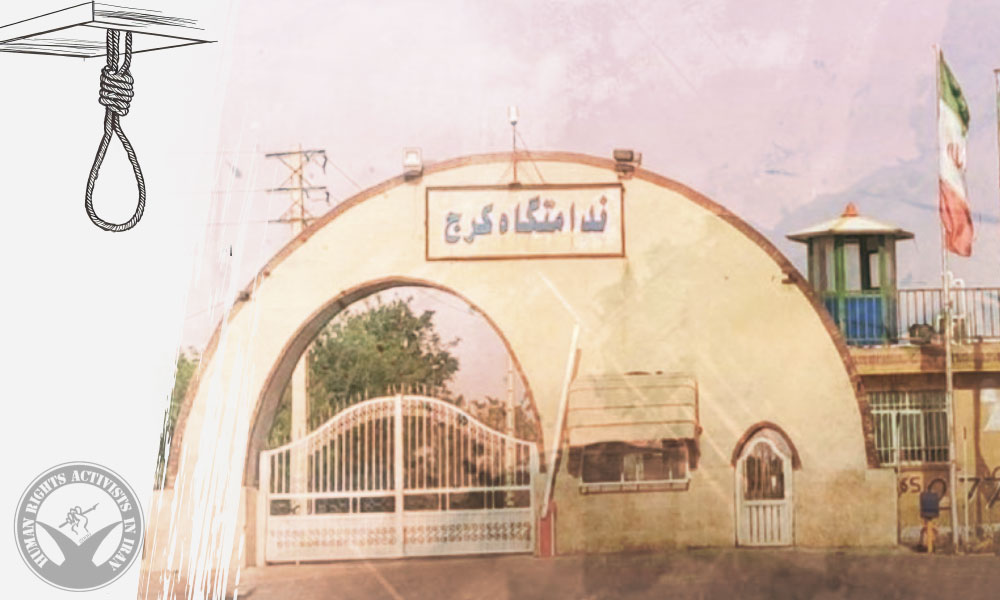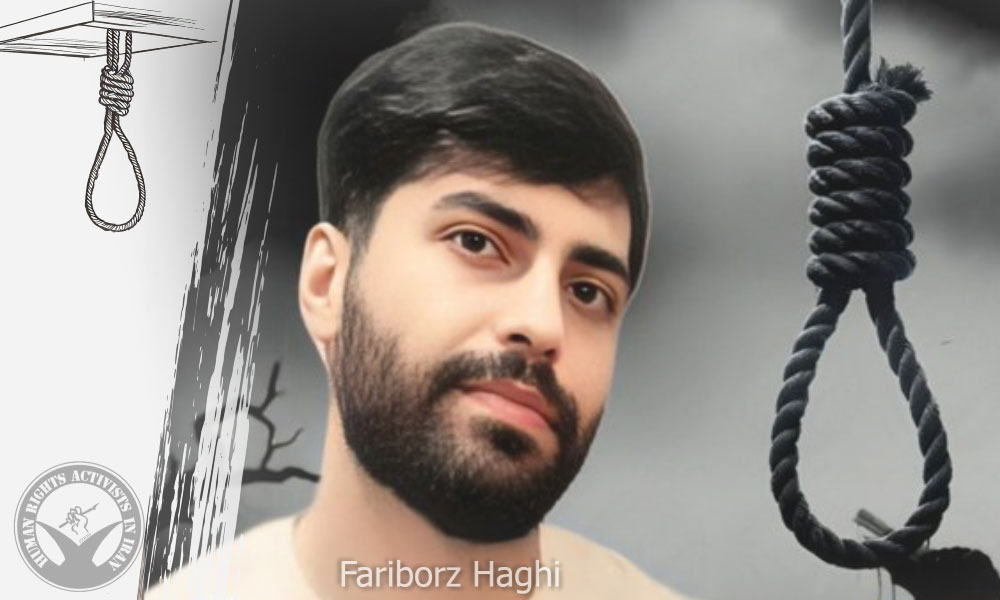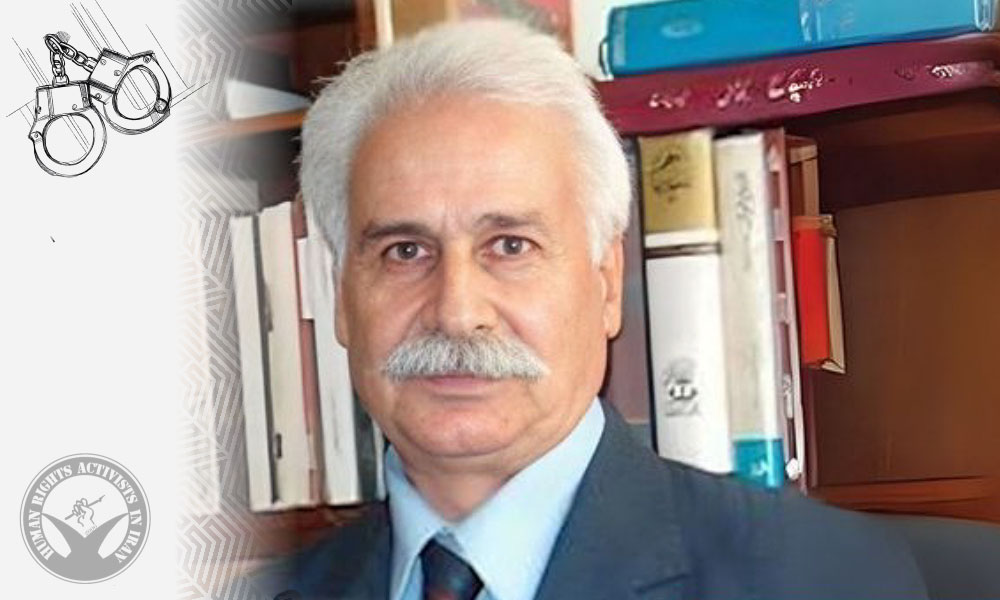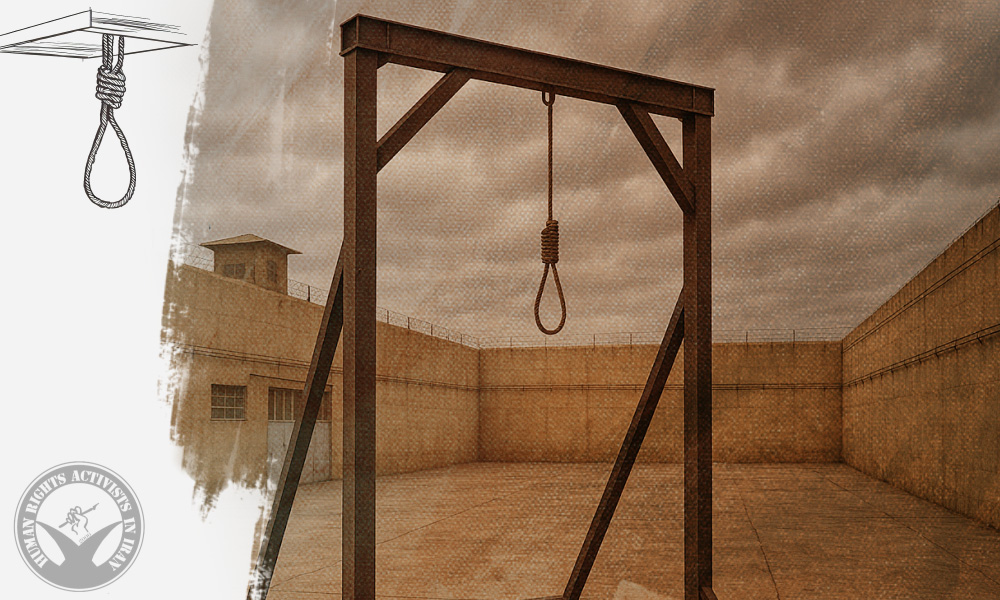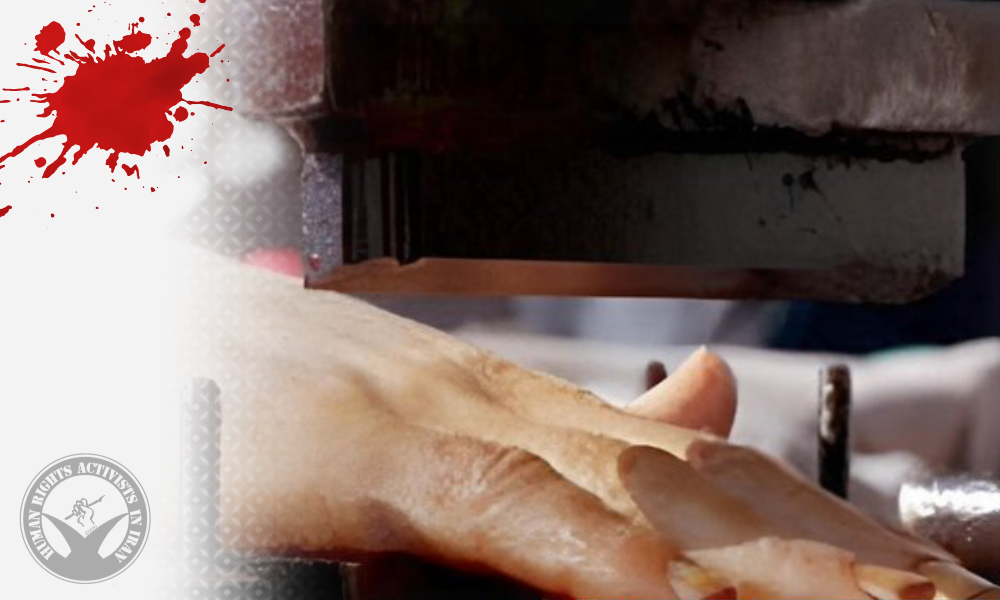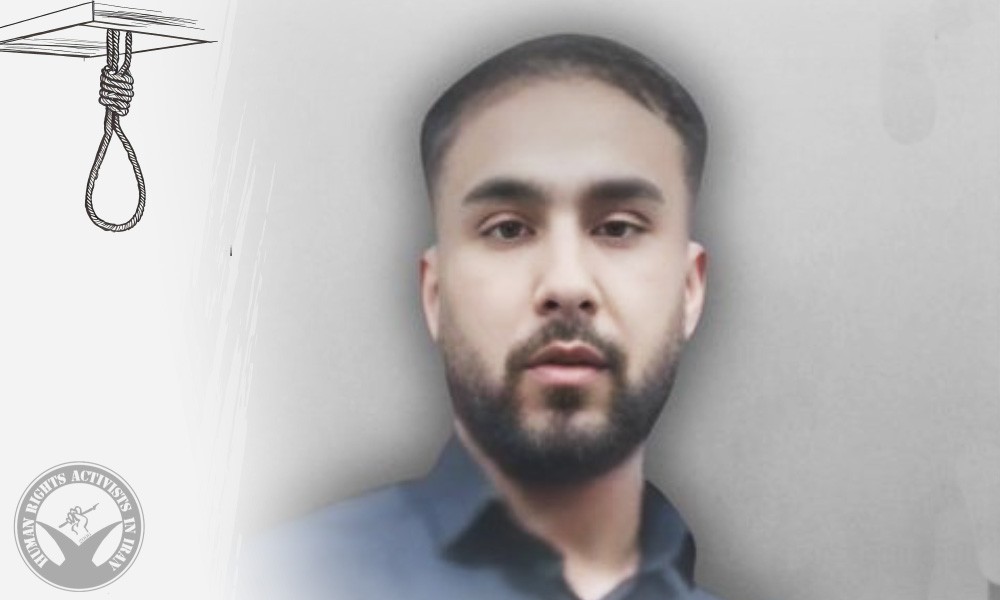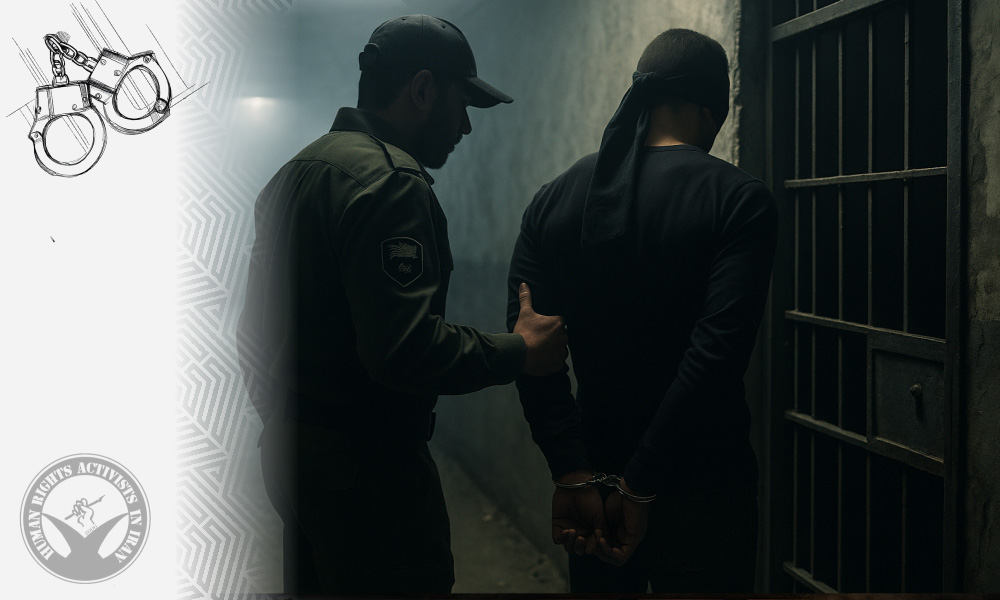HRANA – At dawn on Sunday, August 3, the death sentences of seven prisoners previously convicted on drug-related charges were carried out in Karaj Central Prison.
HRANA has identified five of those executed as Sajjad Pourdanesh, Meysam Joodaki, Mohammad Golosi, Reza Bakht Avar and Ali Hosseinpour. These individuals had been arrested on drug-related charges and later sentenced to death by Revolutionary Courts.
On Wednesday, July 30, HRANA had reported the transfer of four of these prisoners to solitary confinement in preparation for their execution.
Further details, including the identity of the seventh executed prisoner, are still under investigation by HRANA.
As of the time of this report, the executions have not been officially confirmed by prison authorities or relevant institutions.
According to HRANA’s report, in 2024, over 52 percent of executed prisoners had been convicted on drug-related charges. Over the past ten years, individuals convicted of drug trafficking have accounted for 40 percent of all executions. Unfortunately, HRANA’s statistics show no progress in reducing executions for drug-related offenses.



